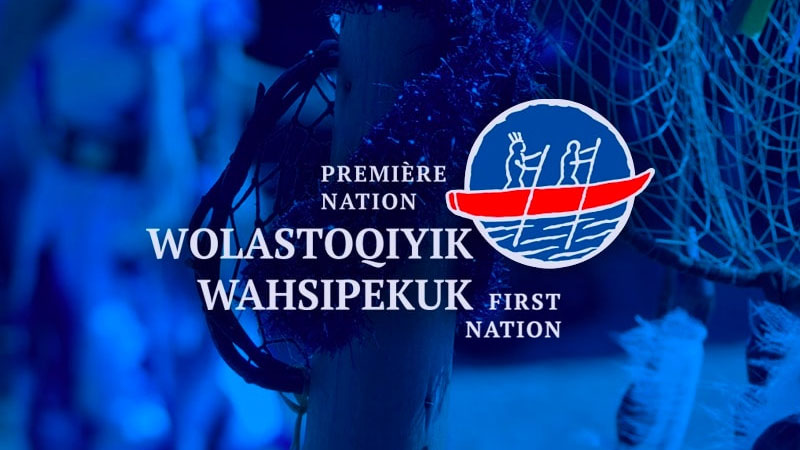Exclusive content

The Wolastoqiyik Wahsipekuk First Nation, located in Bas-Saint-Laurent, Canada, has announced that it will forego fishing its northern shrimp quota for the upcoming year. This decision comes as the nation relinquishes its allocated quantities, citing both the decline of the shrimp species in recent years and the lack of economic profitability due to significantly lower quotas.
Environmental and Economic Concerns Drive the Decision
The move by the Wolastoqiyik Wahsipekuk First Nation marks the second time an Indigenous community has opted out of fishing its shrimp quota. In December, the Mi’gmaw nation of Listuguj made a similar announcement, attributing its decision to the drastic drop in shrimp biomass.
Grand Chief Jacques Tremblay emphasized the importance of protecting the species and highlighted social, environmental, and economic factors influencing their decision. “It is wiser not to go out to fish for shrimp. We always have a vision of sustainable fishing, so we had to give the species a chance to come back, if it is still possible,” stated Mr. Tremblay.
Community Quota and Government Regulations
The community quota for the Wolastoqiyik Wahsipekuk First Nation was set at 136,000 pounds of northern shrimp for the year. This decision aligns with broader governmental measures, as announced by Minister of Fisheries and Oceans Canada, Diane Lebouthillier, who declared a reduced quota of 3,060 tonnes for the entire estuary and Gulf of St. Lawrence for 2024, down from 5,500 tonnes in the previous year.
Gabriel Bourgault-Faucher, a researcher at the Institute for Research in Contemporary Economy (IREC), supports the Indigenous community’s decision, citing predation by redfish as a significant factor in the decline of northern shrimp. Despite the reduced quota, he suggests that the allocated quantities are not sufficient to offset the impact of redfish predation.
Uncertainty Among Non-Native Shrimpers
While the Indigenous communities opt for conservation, uncertainty looms among non-native shrimpers. Vincent Dupuis, president of the Association of captains-owners of the Gaspésie, acknowledges the challenges faced by non-native fishermen, who rely solely on shrimp for their livelihoods. However, he also expresses understanding for the Indigenous communities’ decision, recognizing their ability to pursue alternative means of survival.